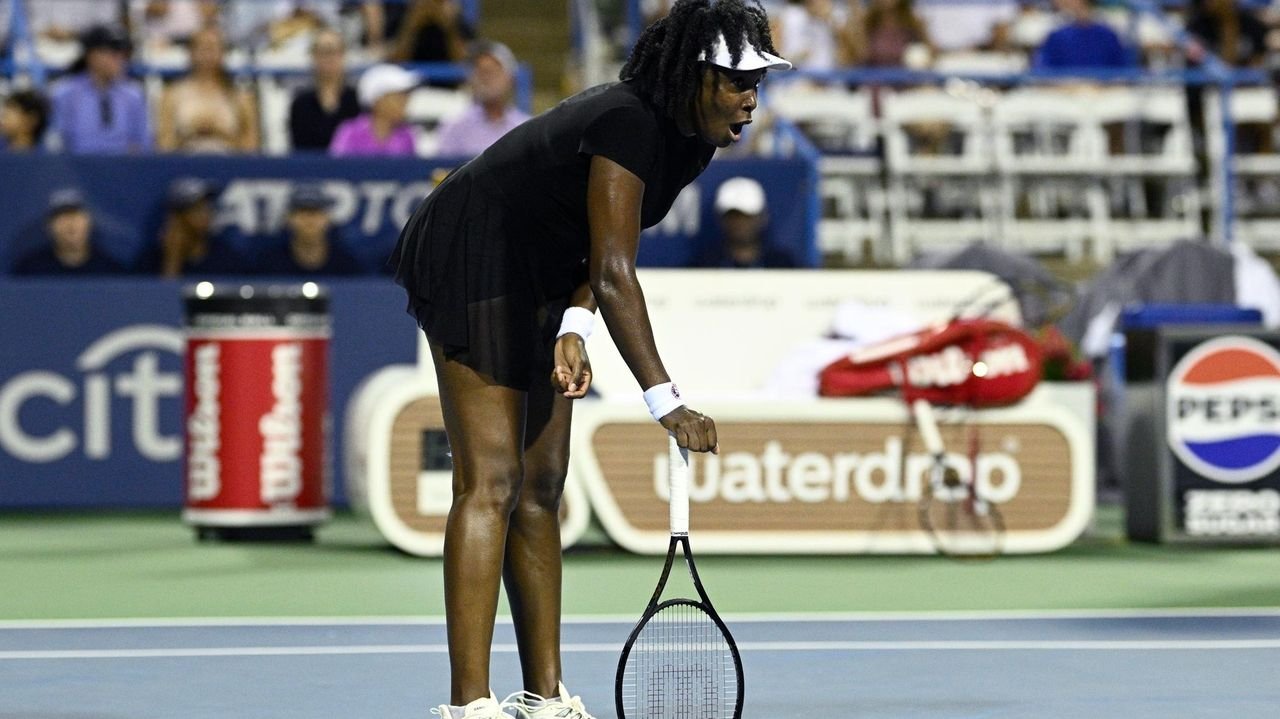The dos and don’ts of drinking while on holiday has been revealed
Having a drink or two while on holiday is common for those looking to kick back and relax while enjoying some summer sunshine.
However, just as a sangria under the sun can be a lovely accompaniment to a getaway, it can also be the reason your travel insurance is invalidated.
If you have an accident while abroad and you have been drinking alcohol, this could be a problem for some, as certain insurers may not “automatically” cover “alcohol related incidents,” according to Alpha Travel Insurance.
The experts explain: “Don’t assume that alcohol-related incidents are automatically covered by your travel insurance. Certain exclusions may apply, such as injuries sustained while intoxicated or participating in high-risk activities under the influence.”
READ MORE: Foreign Office says ‘be cautious’ as Turkey safety warning issued
They go on to highlight what you should not do when drinking on holiday and an accident occurs.
- Don’t withhold information: “Don’t withhold information about alcohol consumption from your insurance provider when filing a claim. Be truthful and transparent to prevent potential issues with cover.
- Don’t engage in reckless behaviour: “Don’t engage in reckless behaviour while under the influence of alcohol, such as participating in extreme sports, driving under the influence or climbing from one hotel balcony to another. Violating policy terms can lead to claim denials and voided cover.
- Don’t delay seeking assistance: “Don’t delay seeking medical assistance in the event of an alcohol-related incident or injury. Prompt medical attention is essential for your well-being and potential insurance coverage.
- Don’t misrepresent facts: “Avoid misrepresenting facts or exaggerating the circumstances of an alcohol-related incident when filing a claim. Provide accurate information and documentation to facilitate the claims process and ensure a prompt assessment.”
READ MORE: UK tourist, 30, could face ‘permanent paralysis’ after Greece horror holiday accident
The website also explains what you should do when drinking, and you’re forced to claim on your travel insurance.
- Know your policy: “Familiarise yourself with the cover and exclusions in your travel insurance policy before your trip. Also remember, you are not covered for when you drink too much alcohol which is evidenced by one of the following: a) A medical practitioner stating that your alcohol consumption has caused or actively contributed to your injury or illness. b) The results of a blood test which shows that your blood alcohol level exceeds 0.19% which is approximately 2.5 times the drink driving limit in the UK. c) A witness report from a 3rd party or a police incident report. d) Your own admission.
- Drink responsibly: “Enjoy alcohol in moderation and be aware of your limits to lower the chances of unforeseen circumstances occurring. Make sure to pace yourself to avoid excessive drinking or binge drinking, especially in unfamiliar environments.
- Stay in control: “Ensure you remain in control of your actions whilst drinking alcohol to prevent against accidents occurring and avoid engaging in risky behaviours or activities that could lead to accidents or injuries.
- Seek medical assistance when needed: “If you or someone else experiences any health or alcohol-related issues or accidents, seek prompt medical attention and advice. Additionally, to help support a claim ask the medical provider for a copy of all medical reports and keep the original receipts and prescriptions where possible.
- Notify your insurance provider: “Contact the Medical Assistance team straight away if you are admitted to hospital or contact the claims team as soon as possible if you have out-patient treatment and are looking to claim. Follow their procedures for filing a claim and provide accurate information and documentation.”
They added: “By knowing your travel insurance policy, drinking responsibly and seeking medical assistance, when necessary, as well as being transparent with your insurance provider, you will help to ensure you are better protected.
“On the other hand, making assumptions about what is and isn’t covered in relation to alcohol, withholding or misrepresenting information and engaging in reckless behaviour can lead to complications and denied claims, resulting in you most likely having to pay for any needed medical care or other costs. By being mindful of these recommendations, you can help protect your next trip away.”

































You must be logged in to post a comment Login